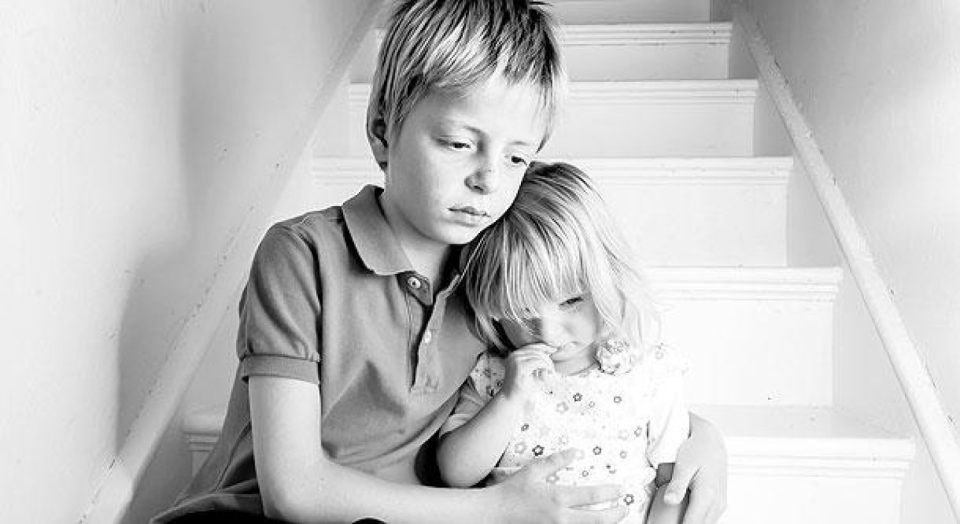New research suggests that boys who experience the death of a parent may face more challenges in their later life compared to girls. The study, published in the Journal of Epidemiology and Community Health, investigated the effects of parental death before the age of 21 on the mental health and economic prospects of young individuals, irrespective of their gender.
While both genders suffered adverse effects, boys appeared to be at a higher risk of long-term negative impacts compared to girls.
The estimated odds ratios for various outcomes were consistently larger for males than females. “The associations were negative regardless of the gender of the child or parent, but the estimated odds ratios were usually quantitatively larger for males than females,” the report said. The researchers examined data of nearly one million individuals in Finland who had attained a minimum age of 30 by the year 2016. Amongst them, approximately 145,673 had experienced the loss of a parent before reaching the age of 31.
According to their findings, regardless of gender, those who had lost a parent before the age of 21 tended to have fewer years of formal education, lower annual income, and experienced more periods of unemployment between the ages of 26 and 30.
The peer-reviewed study stated: “We documented significant increases in mental health-related hospitalisations and the use of mental health-related medications and sickness absence, as well as substantial reductions in years of schooling, employment, and earnings for the affected children in adulthood. Mental health disorders and adverse labour-market outcomes are likely to be interrelated.”

Impact on mental health
Males and females who lost a parent early in life had increased odds of being admitted to the hospital due to mental health disorders. However, males who experienced the death of their mother before the age of 21 had notably higher odds of hospitalisation due to intentional self-harm compared to those who experienced maternal death later in life.
Females who experienced the early death of a father were more likely to have substance use disorders compared to their peers who had not experienced parental bereavement.
Impact on economic prospects
The early death of a father was associated with a larger reduction in annual earnings for males compared to females. Men experienced a 16.4 per cent decrease in annual earnings, while women experienced a 10.9 per cent decrease.
Similarly, there was a more significant reduction in the employment rate for men (6.1 percentage points) compared to women (4 percentage points) who lost a parent before the age of 21.


